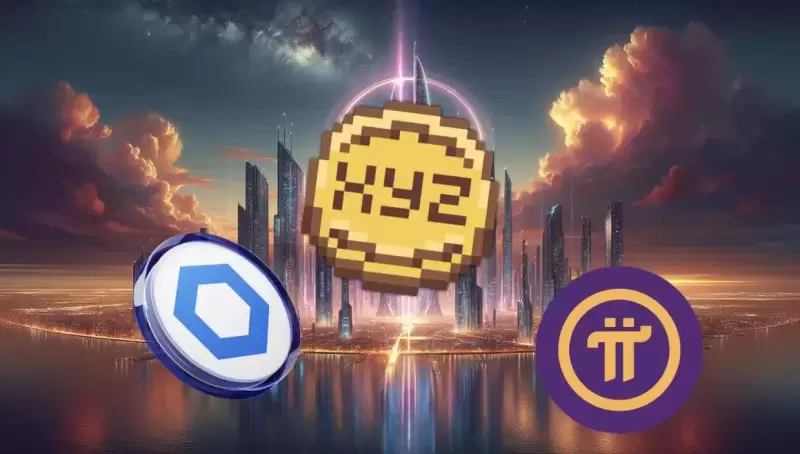The indigenous communities of the Chittagong Hill Tracts, Sylhet, Mymensingh, Rajshahi, and other parts of the country have long been integral to the nation's cultural fabric.

Celebrating indigenous festivals alongside all other festivals from various communities is not merely a token of cultural diversity—it is a moral, social, and historical imperative for a country like Bangladesh. The indigenous communities of the Chittagong Hill Tracts, Sylhet, Mymensingh, Rajshahi, and other parts of the country have long been integral to the nation's cultural fabric. Their festivals such as Boishabi, Wangala, Biju, or Rongali Bihu are rich expressions of heritage, identity, and resilience.
In the broader cultural perspective of Bangladesh, these festivals are living reminders that the nation is not monolithic in terms of its traditions. Instead, it thrives in its plurality. Recognising and celebrating these events on equal footing with Eid, Durga Puja, or Christmas strengthens national unity through inclusion and recognition. These festivals promote intercultural dialogue, mutual respect, and solidarity among all communities—values deeply rooted in the spirit of our Liberation War.
Yet, despite their contribution to Bangladesh's cultural richness, indigenous communities often feel excluded and unrecognised. Their festivals are frequently sidelined in national discourse, and their heritage is left out of mainstream education and media. This cultural neglect is compounded by the lack of constitutional recognition of indigenous peoples. Without formal recognition, their rights to land, education, language, and development remain fragile. A constitutional acknowledgment would ensure that policies are made with their interests in mind, giving them not only visibility but also agency. It would allow them a rightful place in the national narrative—one where they are not just seen as ethnic "others," but as equal citizens of a pluralistic nation.
Neglect, both cultural and structural, leads to systemic marginalisation. One of the biggest barriers to indigenous people coming into the mainstream is education. Most indigenous villages are located in remote, hilly areas with little to no access to quality schools. Even when schools exist, the lack of properly trained teachers, culturally sensitive curricula, and modern facilities creates a learning environment that is alien and discouraging. Children often have to walk long distances through rough terrain, with no guarantee of basic infrastructure like clean water, electricity, or digital connectivity.
As a result, dropout rates are high, and very few make it to higher education or public service. In such a situation, expecting them to compete equally with privileged groups is not only unfair—it is structurally unjust. This is why quotas are not privileges, but necessary instruments of justice. They provide a bridge for indigenous communities to participate in the political, academic, and administrative life of the country. Quotas can help rectify decades of exclusion and help build leadership from within these communities. They ensure that decisions affecting indigenous people are not made without their voices. Representation in universities, government services, and policymaking bodies allows indigenous youths to dream, aspire, and lead. It allows Bangladesh to move from tokenism to true inclusivity, and from symbolic celebration to actual empowerment.
In essence, celebrating indigenous festivals, ensuring constitutional recognition, and providing structural support through quotas and inclusive education are all interconnected steps. They move us towards a future where every community, regardless of language, location, or lifestyle, feels equally valued and heard. Bangladesh, if it is to truly live up to its founding promises, must embrace all its cultures—not just in words, but in laws, policies, and national celebrations.




















































































